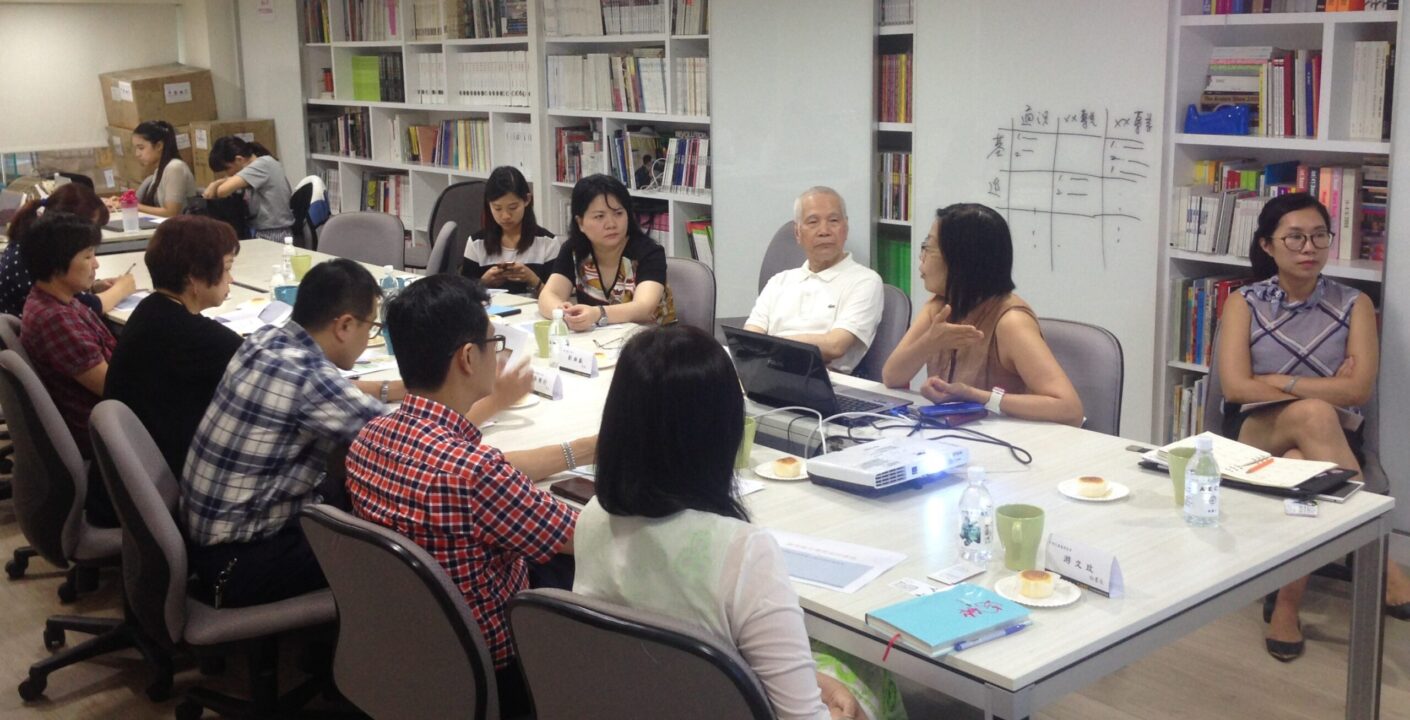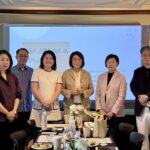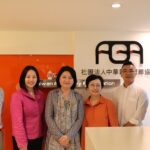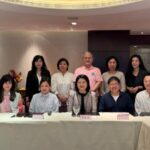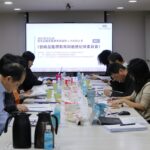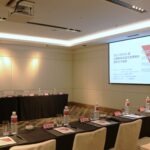Many international authentication institutions find themselves in authentication disputes because threats to individuals have are received and authentication work has to be halted. Art authentication is different from regular authentication because the styles and techniques of an artwork need to be identify. Authentication concerns not only the authenticity of the piece; further steps need to be taken to certify that the artwork is indeed created by the hands of that artist. Establishing a materials database is recommended as a start-up to help experts in their authentication work. But prior to the maturity of the authentication expert system, Taiwan has to first employ the use of witnesses for authentication investigations.
After the platform is established, it aims to proactively protect the freedom of speech of authentication experts and to assist in building a network of authentication talent. The platform will externally uphold the highest level of confidential and will internally allow for full information transparency. The platform will help with the authentication process, establishing and tracking every authentication or restoration case. As the authentication report is presented as evidence, it should not only protect the expert’s freedom of speech, but also follow a template of commonly used terms that is provided in order to facilitate interpretation for law enforcement units.
The art authentication system in Taiwan is not completed yet. Counterfeit pieces are widely circulated and the originals are desperately to be identified. Take the Chen Cheng-Po Cultural Foundation as an example. This foundation invests a significant amount of money, advanced instruments, and time into archiving samples to create authentication database for Chen Cheng-Po’s artwork. If other institutions or organizations wish to build a similar database, database terminology and format of historical records should be standardized.
This seminar was held on August 9, 2016. Dr. Chieh-Hsiang Wu from the Department of Fine Arts at National Changhua University of Education, Professor Wei-Tun Chang from the Department of Forensic Science at the Central Policy University, Jack Wu, a lawyer from Meridian Attorneys-at-Law, Wei-Ni Wang, assistant director at Yuyuyang Museum, Huan-Hsien LIU, owner of East Gallery, and the general manager of Liang Gallery, Claudia Chen, were invited to speak.
Attendee| Huan-Hsien LIU Wei-Ni WANG Wei-Tun CHANG Jack WU Claudia CHEN Chieh-Hsiang WU Wenmei YIU Ren-Feng Ke

